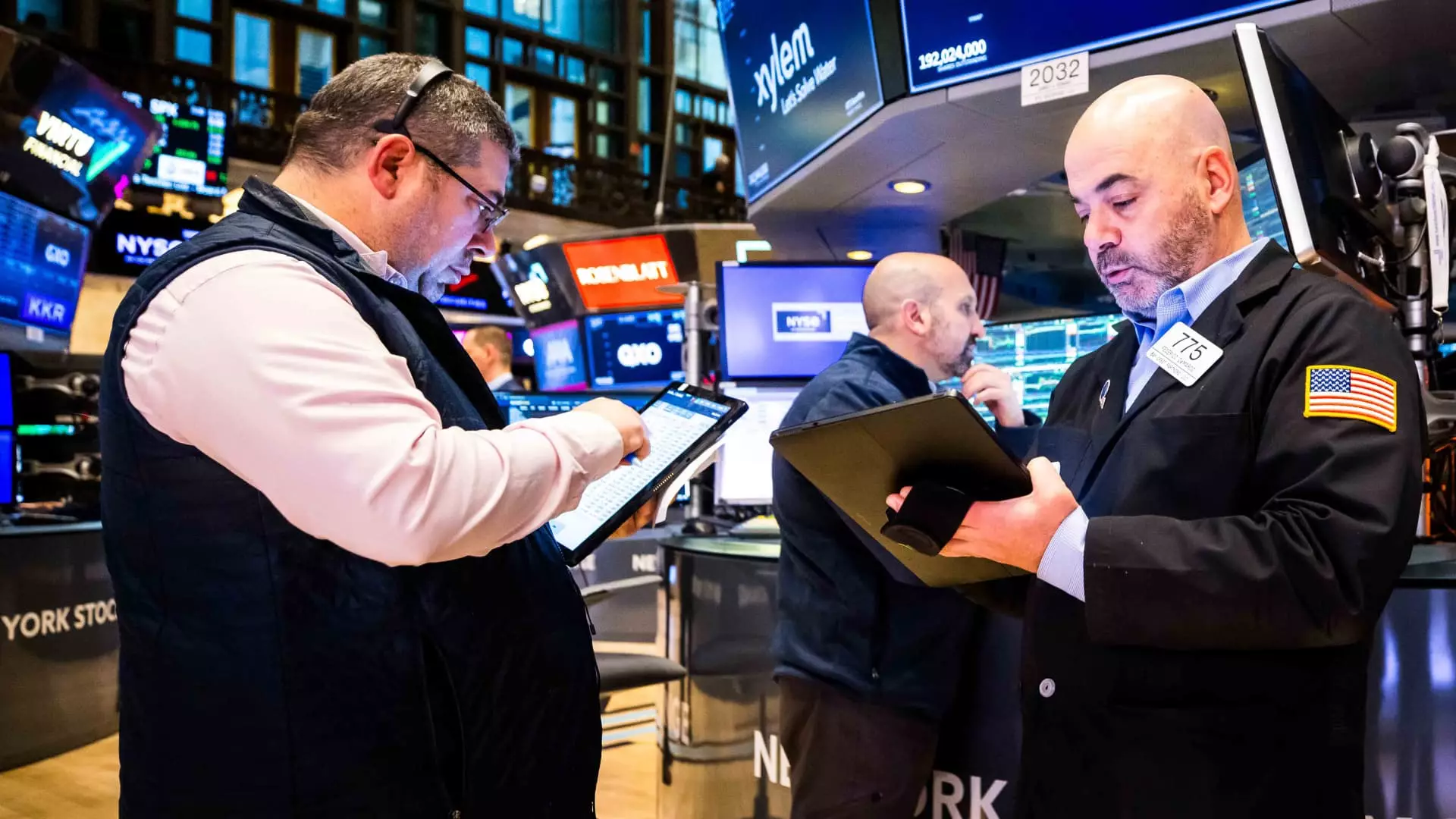In the complex realm of investing, many believe stock picking is an art that can lead to financial prosperity. However, substantial evidence suggests that this perceived ease is misleading. According to data from S&P Global, a staggering 73% of active funds fail to outperform their benchmarks within a one-year period. This disparity only intensifies over time; after five years, that figure climbs to 95.5%, and shockingly, after 15 years, virtually no active managers can boast outperformance. These statistics demand a critical appraisal of the effectiveness of active fund management.
Charles Ellis, a respected veteran in the investment sector and a staunch advocate for passive investment strategies, argues that this trend is unlikely to reverse. Ellis believes that while there is an abundance of talent in active management, the advantages needed to achieve consistent market outperformance simply do not exist. The investment landscape is flooded with skilled professionals, yet the competition is so fierce that their combined efforts neutralize any potential edge. As Ellis articulated in a recent CNBC interview, the talent pool in active management continues to grow, creating an interesting paradox: an oversupply of skilled managers amid a marketplace resistant to their success.
Despite the challenges facing active managers, recent trends indicate a surprising resilience. According to ETF industry expert Dave Nadig, 2021 marked a record year for inflows into active management. Active exchange-traded funds (ETFs) garnered significant investor interest during January, maintaining a hot streak that defies the conventional wisdom that passive investing is dominating the market. Nevertheless, Nadig emphasizes that while certain active subsets thrive, they still cannot compete with the overwhelming popularity of index funds and ETFs driven by larger, often unsophisticated, retail investors aligned with broad market trends.
Ellis, who has an illustrious history in finance—having founded Greenwich Associates and served on the board of Vanguard—has shared concerns regarding the implications of rapid ETF growth. He cautioned about the emergence of ETFs designed to cater more to sales interests than to investor needs. The proliferation of specialized and narrowly focused ETFs could pose serious risks to investors who are not fully aware of the volatility that comes with these products.
Among the rising concerns in the ETF sector are leveraged ETFs, which promise potentially explosive returns but also come with an equal measure of risk. Ellis encourages investors to remain vigilant and carefully assess their investment goals when choosing ETFs. It is crucial to differentiate between those that serve genuine investment strategies and those primarily created to boost sales figures.
Nadig’s insights suggest that technology has leveled the playing field in the market. With access to robust trading tools and algorithmic models, even novice investors now partake in high-level investment strategies. This accessibility severely minimizes the asymmetry of information that traditionally provided advantages to seasoned traders. In an environment where everyone can access the same data and tools, the room for obtaining a competitive advantage shrinks considerably.
Interestingly, Ellis posits that the reason for the underperformance of active managers is ironically tied to their respective competencies. As these professionals excel in stock selection, their efforts often neutralize one another. This paradox of performance illustrates the complexities and challenges inherent in the pursuit of outperforming the market.
The collective mindset surrounding active management may need reevaluation, recognizing that while the allure of stock picking remains potent, the cold hard facts tell a different story. Investors must tread cautiously within this intricate landscape, leveraging knowledge of passive strategies that historically yield more reliable long-term results. As the market continues to evolve, the discourse between active and passive management should shift toward identifying strategies that serve the best interest of the investor rather than merely fueling a competitive narrative among managers.
While stock picking may hold a certain allure, the statistics paint a sobering picture. The ascent of passive investment strategies continues to challenge the viability of active management, prompting both investors and fund managers to rethink their strategies in the ever-changing market.

